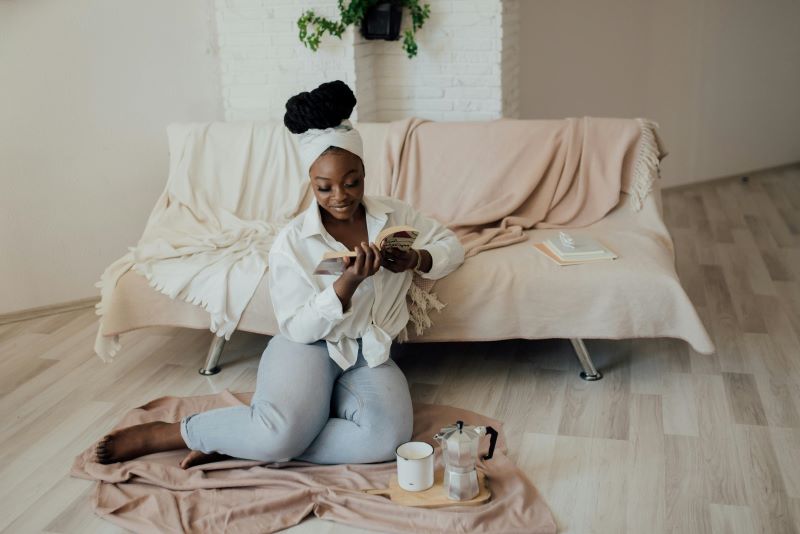As a black woman in a predominantly Black community, I always noticed that boys and men are often overlooked in the discussion of self-care and mental health.
They are taught to be mentally and physically strong; they should never show signs of weakness like being gentle or sad, and they should never cry.
Our society gives us the impression that taking care of the male well-being is the same as being effeminate.
As a result, boys and men are conditioned to be rough, emotionless and callous.
It would, however, be remiss to write about male self-care and not include a male voice.
Mr. Jehmeil Shrouder, CEO and co-founder of the Jamaican production company, Scrapeline, recently shared his thoughts with FunTimes Magazine about men and self-care.
Self-care from a man’s perspective
The following is what Mr. Shrouder had to say:
Self-care refers to a deliberate attempt to take care of your physical, emotional, mental, and in some spaces spiritual health.
For me, however, when I hear the term, my mind literally goes to a place where I see women getting their hair and nails done.
As a man, I almost don’t think about self-care like that. In fact, it doesn’t feel like getting a haircut or taking extra care of my skin. Side note: I take care of my skin and my hair. I have locs.
I think the term self-care leaves a bad taste in our mouths. We immediately identify self-care as the cute stuff that women do, and that isn’t considered to be manly.
This also speaks volumes about how men view self-care. It was created for women. This thinking is wrong and the term ‘self-care’ may need to be redefined or better yet re-imagined.
I say re-imagined, because some men are deliberate about taking care of their physical, emotional, mental, and spiritual health.
They do not refer to it as self-care. There is a thin line between misinterpreting self-care for a spa date and not taking into consideration that it goes beyond that. Though there are men who practice self-care, there is a large percentage of men who don’t, especially the mental health aspect.
Whether by socialization or our experiences, we were somehow taught to suppress our emotions and feelings in the name of being or becoming a man. No wonder suicide rates for men are three (3) times higher than women worldwide.
The idea of men speaking about how they feel was sold as a weak act and does not conform to the standards of the Man Box.*
*Man Box – A set of rules or expectations of how men should behave/act.
There is a direct correlation between the Man Box and the toxicities surrounding men and mental health.
To understand the importance of this matter, we have to go to the root and dissect how socialization has drastically affected this aspect of self-care.
The notion of self-care must be embraced. If applied effectively, it has the potential to be a substitute for medicine, improve relationships, increase confidence and entrench a heightened sense of self-awareness for boys and men.
Mr. Shrouder’s company, Scrapeline, is intended to bring creatives together to use their talent for social change. The Scrapeline team recently concluded its first-ever event dubbed Chat Bout Masculinity to commemorate International Men’s Day. The event took the form of a panel discussion and was carried by experts in the field, tackling issues surrounding men’s health, toxicity behind certain behaviors that are considered manly, and how these behaviors affect our women and children.


Candice Stewart is a Jamaican content writer specializing in human interest feature stories. She is a web content writer, blogger, and budding podcaster.
She holds an MA in Communication for Social and Behaviour Change and a BSc. in Psychology from the University of the West Indies (UWI, Mona).
Follow her blog at thesuburbangirlja.com, where she shares stories and life lessons through real-life experiences.





